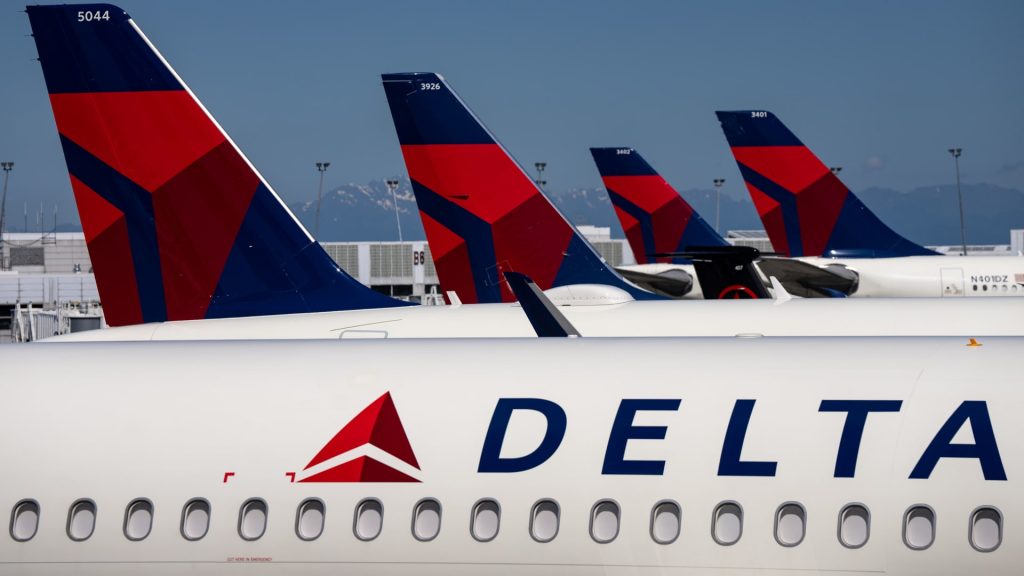Delta Air Lines recently had to suspend hot meal service on over 200 flights out of its Detroit Metropolitan Wayne County Airport hub due to a food safety issue. Operations from the facility were shut down, and hot food will now be managed by other kitchens. During a recent inspection, Delta’s catering partner was notified of the food safety issue within the facility, leading to the suspension of all activity from the kitchen.
A message to flight crew on Friday stated that first-class meals couldn’t be loaded due to “an unforeseen supply chain issue” and that the flight would be stocked with additional snacks as a result. While the Food and Drug Administration did not immediately respond to requests for comment, Delta emphasized that no employee or customer illnesses were reported in relation to the food safety issue. The carrier also provided affected customers with travel vouchers or frequent flyer miles as compensation for the disruption in service.
Airlines typically serve thousands of meals to passengers each day, with many relying on third-party catering kitchens for food preparation. Delta’s catering partner, Do & Co., which was involved in the recent incident, did not immediately provide a comment on the situation. This is not the first time Delta has faced issues with meal service, as a Detroit-to-Amsterdam flight was forced to divert to New York in July due to a report of spoiled chicken, leading the carrier to limit meals to pasta on certain flights for several days.
The suspension of hot meal service at the Detroit hub highlights the importance of food safety in the airline industry, as well as the potential disruptions that can occur when issues arise in catering facilities. In response to the food safety incident, Delta and its catering partner took immediate action to address the problem and ensure that no further risks were posed to employees or customers. This incident serves as a reminder of the diligence required in the food handling and preparation process in order to maintain high standards of safety and quality for passengers.
Despite the challenges faced by Delta in this recent incident, the airline has taken steps to mitigate the impact on its customers by providing compensation and alternative meal options. By prioritizing the safety and well-being of its passengers, Delta demonstrates a commitment to transparency and accountability in addressing food safety issues. Moving forward, the airline will likely implement additional measures to prevent similar incidents and ensure the continued safety and satisfaction of its passengers in the future.
In conclusion, Delta Air Lines’ decision to suspend hot meal service at its Detroit hub due to a food safety issue underscores the importance of vigilance in maintaining high standards of food preparation in the airline industry. While the incident resulted in disruptions to meal service on over 200 flights, Delta’s swift response and customer-focused approach have helped to minimize the impact on passengers. By prioritizing food safety and customer satisfaction, Delta sets a precedent for addressing and resolving similar issues in the future, reinforcing the airline’s commitment to excellence in service delivery and passenger wellness.















